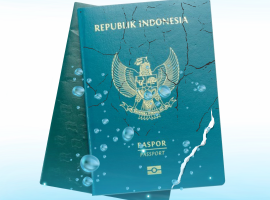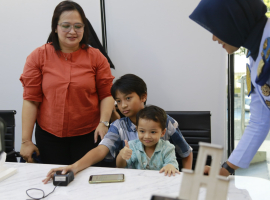Can Kitas Holder Work in Indonesia? What Should You Do?
Can KITAS holder work in Indonesia? Before answering that question, one should know that getting a permit or visa, also known as KITAS, is a first required step to live or work in Indonesia. Known as among top destinations for expats, foreigners, and investors around the world who really would love to make some money by starting a company in Southeast Asia’s largest economy despite the pandemic, Indonesia provides abundance type of visa or permit to choose from. Basically, there are 5 (five) most common reasons why people are coming into Indonesia, which are work, investment, marriage, retirement, and study.
What is an Indonesia KITAS?
Kartu Izin Tinggal Terbatas (KITAS) is a limited stay permit for foreigners as well as expats have to apply right before entering Indonesia territory. KITAS holders are granted to stay within Indonesia area for a period of 6 months and up to 24 months, or longer, if extension is applied. KITAS are granted to such a group of foreigners, which are investors (PMA owners), experts, legal husband or wife of Indonesian and the children, researchers, dependents of KITAS holder (husband/ wife & children), Child of KITAS holder born in Indonesia, Retired foreign citizens.
Before getting KITAS to stay within Indonesia area, foreigners should have VITAS (Visa Izin Tinggal Terbatas) and ITAS (Izin Tinggal Terbatas) in their possession first.
 Type of KITAS
Type of KITAS
Basically, there are two big categories of Indonesia KITAS, which are for working and non-working. Non-working KITAS are granted for investors, trainee or researchers, students, repatriate, and retired. While working KITAS are used by everyone who has the intention to make money, working in Indonesia, such as experts, seaman, clergy, commercial film production, product or service quality control, sales, construction workers, artists, athletes, and many others.
Can KITAS holder work in Indonesia?
In order to be able to work in Indonesia, one is required to obtain a working KITAS, along with the IMTA since other types of KITAS do not grant the permission to work.




